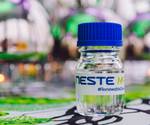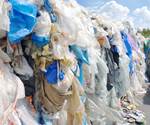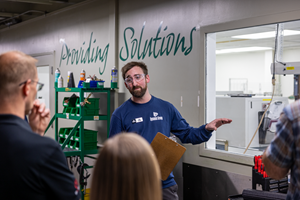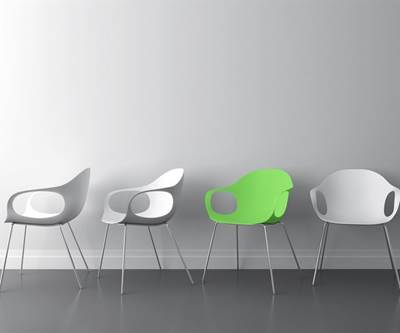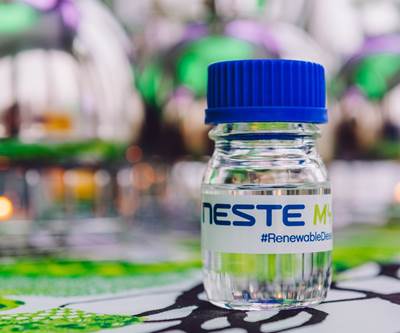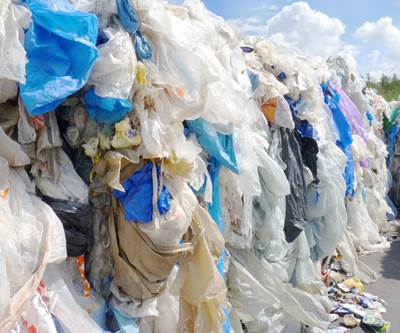Industrial-Scale Renewable PP Underway at Borealis' Belgium Plants
While new developments in biobased plastics continue, might the effort to combat Covid-19 lead to some delays and a temporary suspension of bans of single-use ‘virgin’ plastic items?
New developments in biobased/renewable plastics have been on the increase and typically entail industry collaborations. The most recent example is that of Borealis which is now producing polypropylene based on renewable feedstock produced by collaborator Neste of Finland, at its two production facilities in Kallo and Beringen, Belgium. The company considers this another milestone for furthering its ambitions to advance the circular economy.
“We believe this is the first time that renewable propane dehydrogenation is occurring at an industrial scale….We have the ability to produce PP that is up to 100% based on Neste renewable propylene. Borealis has committed to ensure 100% of its consumer products are recyclable, reusable or produced from renewable sources by 2025. This specific milestone will bring us one step closer to achieving our goal and re-inventing our approach for a more sustainable living,” says a Borealis source.
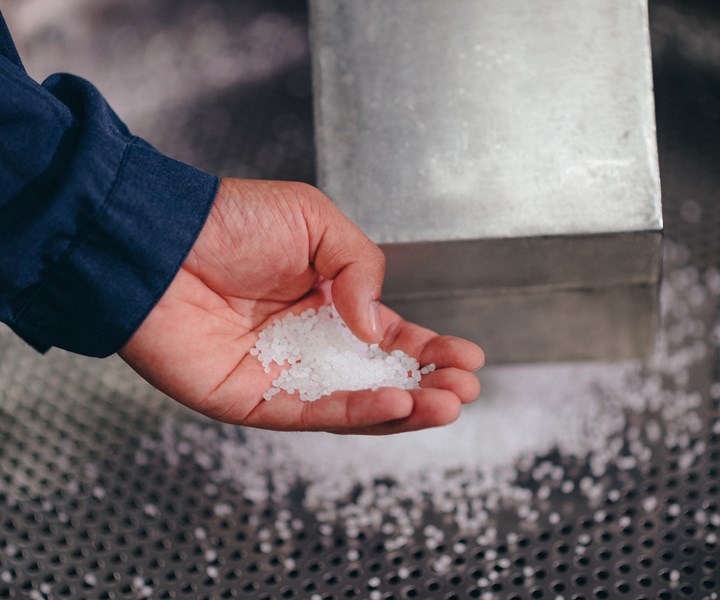
Borealis’ renewable PP pellets.
After producing renewable propane using its proprietary Nexbtl technology, Neste sells the renewable propane to the Borealis propane dehydrogenation plant in Kallo. Here it is converted to renewable propylene, then subsequently to renewable PP at the Kallo and Beringen plants. Finalized audits carried out by an independent third party recently resulted in an ISCC Plus certification for the renewable PP produced at both Kallo and Beringen plants. This certification encompasses the entire value chain scope and verifies that the renewable feedstock used is certified as being 100% renewable and sustainably produced, including traceability to point of origins.
In response to increasing demand, Borealis is working with downstream partners from a variety of industries ranging from consumer packaging to automotive, healthcare, and appliance. One example is Henkel, a global market leader in the adhesives sector and known for its strong brands in laundry & home care and beauty care, which has made the use of sustainable materials a key pillar in its packaging strategy and is working with its value chain partners to drive sustainable packaging. Included is renewable PP content in the packaging of a major Henkel brand over the course of the year.
Meanwhile, I circled back to LyondellBasell which as reported last year was the first to product biobased PP and LDPE in parallel at a commercial scale using Neste’s Nexbtl renewable hydrocarbons derived from sustainable bio-based raw materials, such as waste and residue oils. In this successful production trial at the company’s Wesseling, Germany, plant, two out of five furnaces ran on feedstock from renewable sources.
LyondellBasell sold some of the renewable materials produced in the trial to multiple customers, one of which is German company Cofresco, part of the Melitta Group and Europe’s leading supplier of branded products in the field of household film, with brands like Toppits and Albal. Cofresco used the Circulen Plus bio-based LDPE to create sustainable food packaging materials which made ways into supermarkets in September 2019, according to a LyondellBasell source.
Asked what’s next, this source put it this way, “We are continuing to validate demand in the market for these products and can repeat this production run whenever market demand requires this.”
I asked the Borealis source if the company has plans to produce the renewable PP in North America or elsewhere, and she noted that it is too early to discuss scale-up plans.
While there’s no doubt that we are going to see further commercial advancements made along these lines, I wonder if there may be some delays prompted by the coronavirus pandemic. Might we also see a temporary reversal in some bans of single-use ‘virgin’ plastics? On March 16, for example, Boston suburb Brookline suspended its ban on polystyrene food containers (first enacted in 2013), along with a number of additional regulations from those the state of Massachusetts enacted to battle the spread of the novel pandemic.
Related Content
Industrial Resin Recycling Diversifies by Looking Beyond Automotive
Recycler equips for new business in medical, housewares and carpeting.
Read MoreMedical Molder, Moldmaker Embraces Continuous Improvement
True to the adjective in its name, Dynamic Group has been characterized by constant change, activity and progress over its nearly five decades as a medical molder and moldmaker.
Read MoreMedical Tubing: Use Simulation to Troubleshoot, Optimize Processing & Dies
Extrusion simulations can be useful in anticipating issues and running “what-if” scenarios to size extruders and design dies for extrusion projects. It should be used at early stages of any project to avoid trial and error and remaking tooling.
Read MoreAllegheny Performance Plastics to Enter Health Care Sector
The custom molder has secured multiple projects in health care and will be adding cleanroom and white-room spaces, as well as injection molding machines, in support.
Read MoreRead Next
Biobased PP and PE Result from Neste and IKEA Collaboration
Commercial-scale pilot plant slated for startup before year’s end.
Read MoreNeste Looks To Use Waste Plastic As New Raw Material
The renewable diesel company believes using waste plastic as a raw material increases efficiency, while also reducing crude oil dependency and the carbon footprint of its products.
Read MoreNeste and Remondis Partner on Chemical Recycling
Neste will work with recycler Remondis to build an ecosystem around chemical recycling.
Read More


